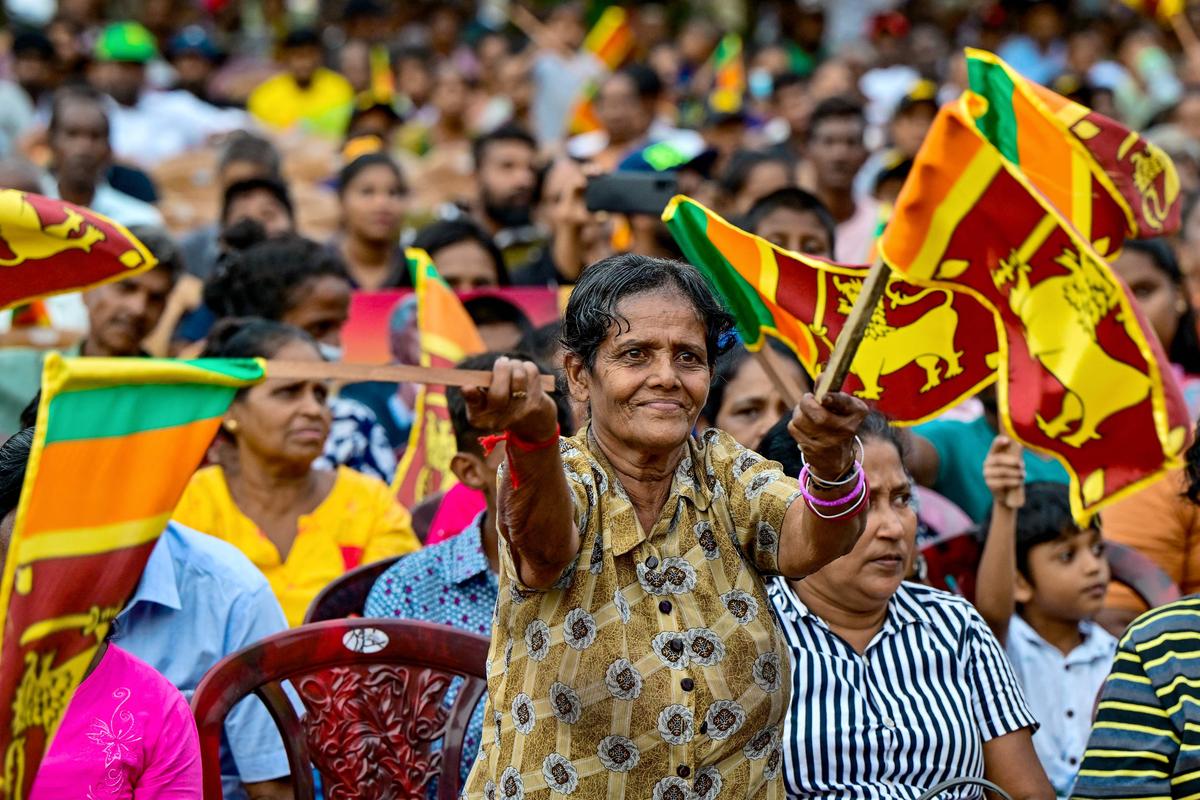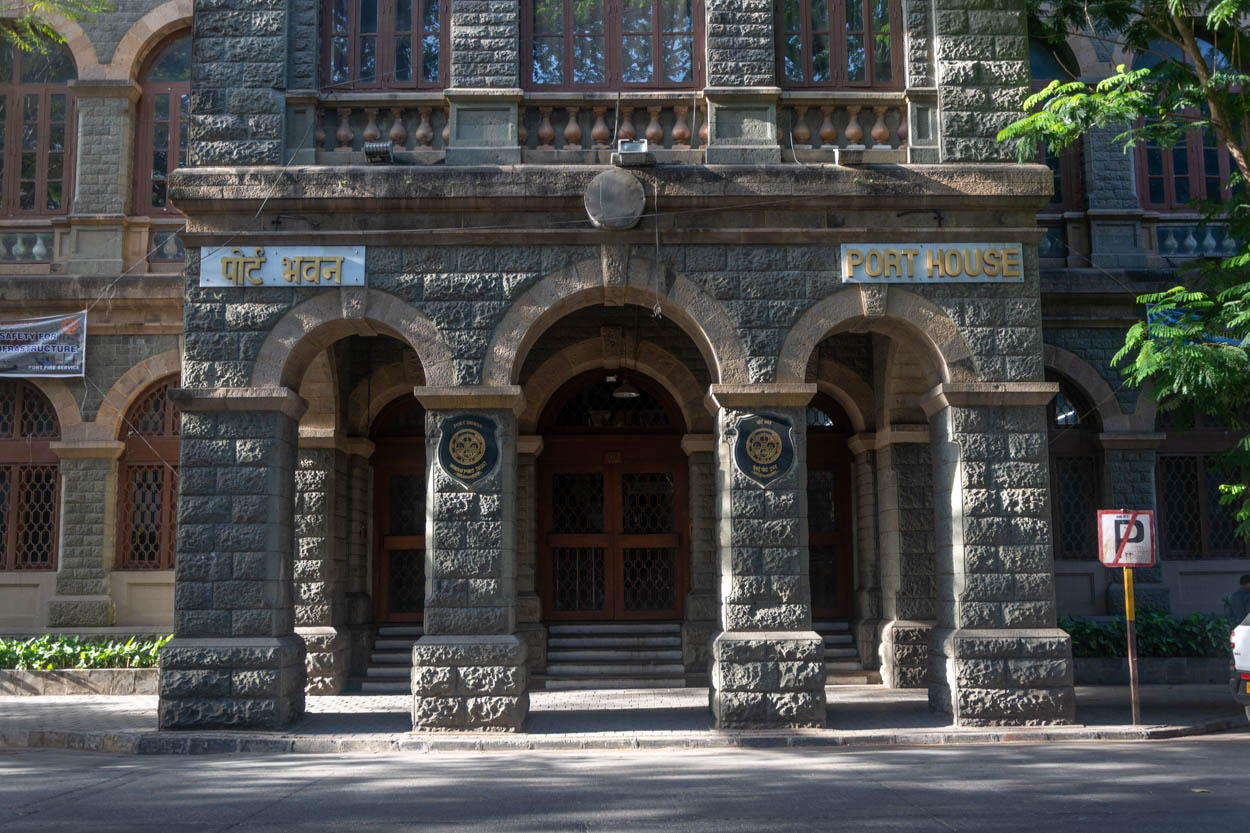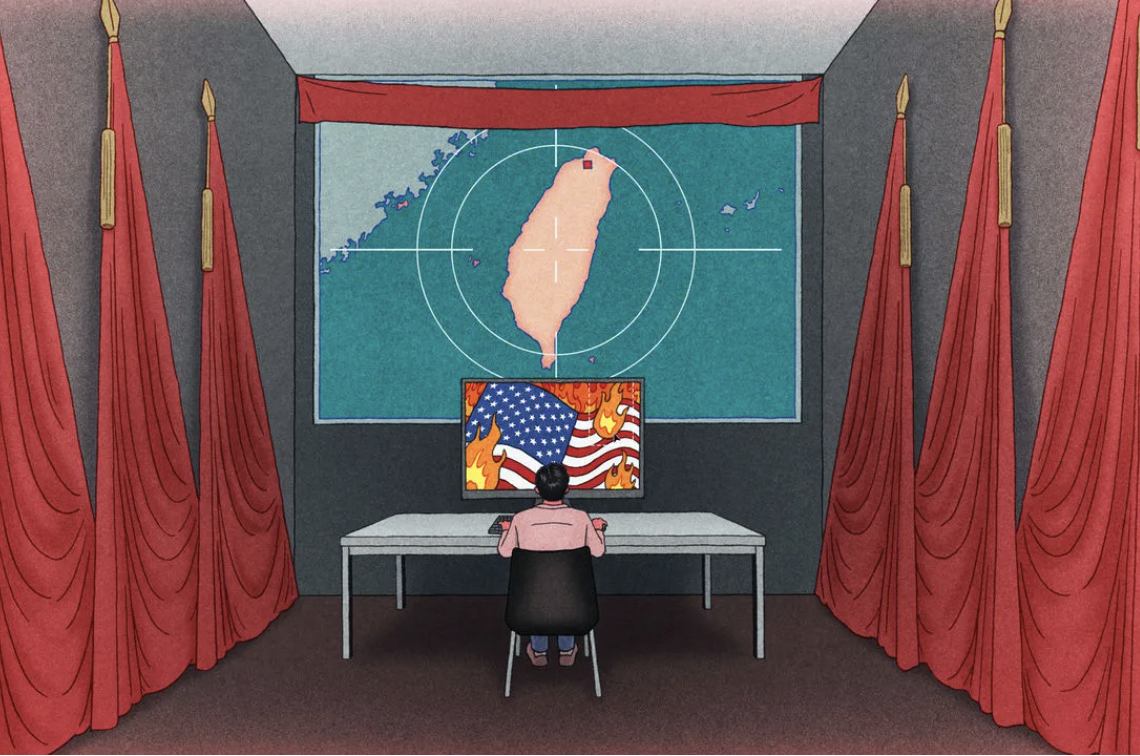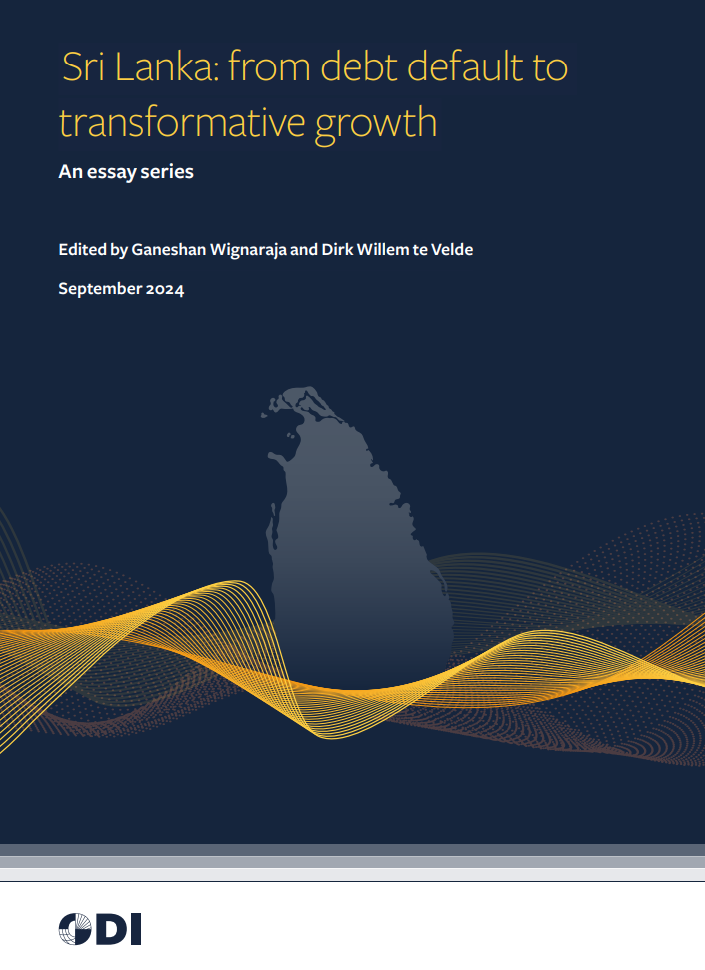BRI sputters in South Asia
A decade after its launch, China’s Belt and Road Initiative has slowed down in South Asia, the result of poorly conceived projects, and irresponsible behavior from borrower and lender alike.
 Courtesy:
Courtesy:
A decade after its launch, China’s Belt and Road Initiative has slowed down in South Asia, the result of poorly conceived projects, and irresponsible behavior from borrower and lender alike.
 Courtesy:
Courtesy:
The presidential election in Sri Lanka on September 21 is the country's first since its economic crisis of 2022. Dr S D Muni, Professor Emeritus at the School of International Studies, Jawaharlal Nehru University, discusses major issues on the ballot, principal candidates in the race and their policies, long-term social and political trends, and takeaways for the Sri Lankan parliamentary elections due later this year.
 Courtesy:
Courtesy:
The 9th China-Africa Summit, held in Beijing from September 4-6, reflected China’s long-held view that Africa is vital to the world’s future, and therefore to the conduct of Chinese foreign policy. As China expands its strategic footprint on the continent, there is much for India to learn. It must adopt a proactive approach and back its economic and diplomatic initiatives with sustained political will.
 Courtesy:
Courtesy:
Mumbai and Antwerp share a history from the 18th century. Traffic between the two ports expanded with Belgium among the top three European countries trading with Bombay. After the Second World War, both cities developed a chemical industrial complex adjoining their ports. Today their centuries-old connections have come full circle with an active collaboration between their port authorities.
 Courtesy:
Courtesy:
The economic agenda is the key issue in the Sri Lankan Presidential elections to be held on Sept 21. This island nation is seeking a return to prosperity through relief from onerous debt, reduced corruption, an effective bureaucracy, and constitutional and economic reforms. The five principal players in the race, however, have varied agendas that may not fulfil all of the people’s needs and desires.
 Courtesy:
Courtesy:
The U.S. presidential election campaign has produced two stunning developments: the attempted assassination of Trump and the withdrawal of Biden, under severe pressure from leaders of the Democratic Party. Putting optics aside, observers should focus on the ideological differences between the two candidates Kamala Harris and Donald Trump, which will be on display on Sept. 10 when they debate the issues.
 Courtesy:
Courtesy:
Pakistan’s latest economic data tries to paint a cheerful picture, but the economy is still in deep trouble. The main culprit is the ‘managed’ float of the Pakistani rupee, which covers for a multitude of other sins.
 Courtesy:
Courtesy:
Chinese state media and other outlets are increasingly using disinformation to undermine Taiwan's political stability, sway public opinion, and erode national unity. The government in Taipei mitigates this threat by employing a range of high- and low-tech solutions. Other countries will benefit by using the Taiwan model to fortify their democratic institutions and enhance their readiness against an advanced arsenal of disinformation tools.
Foreign policy in the 21st century is underpinned by economic issues, in contrast to the 20th century when global politics and security aspects dominated diplomacy. Dammu Ravi, Secretary (Economic Relations), Government of India, discusses Indian diplomacy and how it navigates the G7 and BRICS, the opportunities and challenges for strengthening the Neighbourhood First policy in South Asia, and the country’s evolving economic diplomacy.
 Courtesy:
Courtesy:
Sri Lanka’s sovereign debt default in 2022 triggered the worst economic crisis in the country’s post-independence history. By mid-2024, the economy started showing signs of recovery, with a performance higher than other debt-defaulting nations and exceeded IMF expectations. The current stable path, however, is not enough. Sri Lanka needs to shift its economic trajectory from one of debt distress to sustained growth over the next few years.